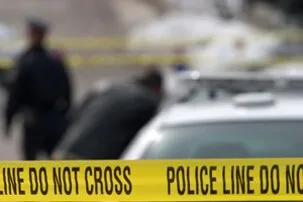A patrol officer is a law enforcement professional responsible for maintaining public safety and order within a specific jurisdiction. These officers are typically the most visible and active members of a police force, as they are often the first responders to emergency calls and the primary enforcers of traffic and criminal laws. Patrol officers are tasked with conducting regular patrols of their assigned areas, responding to calls for assistance, conducting investigations, and making arrests when necessary.
One of the key responsibilities of a patrol officer is to prevent and deter crime by maintaining a visible presence in the community. This may involve patrolling in a marked police vehicle, on foot, or on a bicycle, and engaging with members of the public to address concerns and gather information. Patrol officers also enforce traffic laws, respond to accidents, and assist with traffic control during special events or emergencies.
In addition to their proactive duties, patrol officers are often called upon to respond to emergency situations, such as domestic disputes, robberies, and disturbances. They must be prepared to assess the situation, take appropriate action to ensure the safety of all involved, and make split-second decisions under high-stress conditions. Patrol officers also play a crucial role in conducting preliminary investigations at crime scenes, gathering evidence, and interviewing witnesses and suspects.
Overall, patrol officers serve as the front line of law enforcement in their communities, working to uphold the law, protect citizens, and promote a sense of security and well-being. They must possess strong communication and interpersonal skills, sound judgment, and the ability to think and act quickly in a variety of situations. A career as a patrol officer can be demanding and challenging, but it is also rewarding and essential to the safety and welfare of the community.

